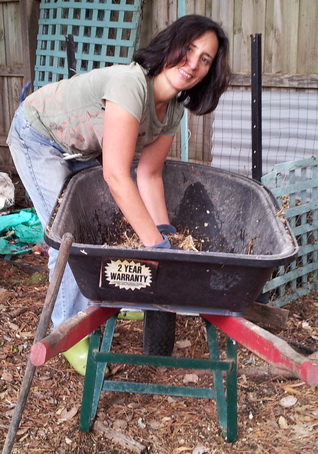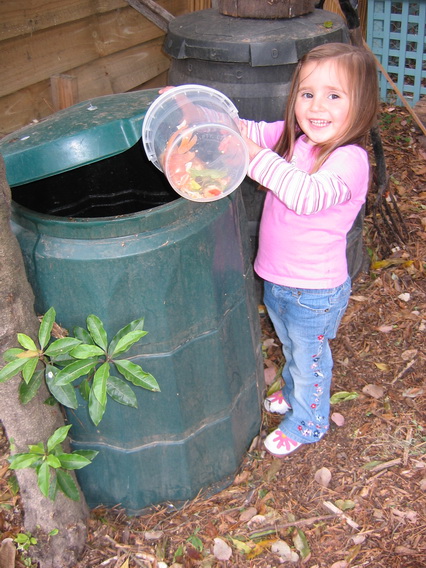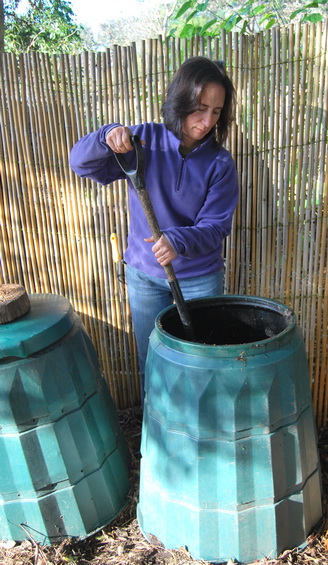HOW TO MAKE COMPOST FASTER
Most gardeners get frustrated by how long it seems to take to make finished compost. The bin that they use just never seems to fill up. And when they do empty it, the contents stink and the stench hangs around for a long time! The secret to making compost quickly is to generate heat within your composting system by adding enough matter to fill the bin all at once.
These materials are a balance of:
HIGH NITROGEN-based: Any green leafy matter, coffee grounds, kitchen peelings, lawn clippings, blood and bone, chicken or other bird manures, rabbit/guinea pig poo, other organic fertilisers
HIGH CARBON-based: Newspaper, corrugated cardboard (unwaxed), egg cartons, pizza cartons, straw, animal bedding, torn up phone books, wood shavings (untreated wood), bark chips, old mulch
If you can also get compost activators, such as the ones you can grow (eg comfrey, yarrow, nettles, borage), add these to the mix as well.
START WITH
- Layering the base of the bin with some woody twigs.
- Next add layers of the high carbon components to a depth of 20-30cm.
- Then, top with a thinner layer of the high nitrogen compounds.
- Water it all down well. If you have any seaweed extract or other liquid fertiliser, add this to the water for an even faster result.
Repeat steps 2 to 4 until the bin is full, alternating the layers making sure the contents are moist.
IN A WEEK
Turn over the contents as much as you can, using an aerator or a garden fork. You should see steam rising from the contents as you mix them up and you will notice a distinct slump in the volume of the contents. Repeat this at least weekly until the contents no longer resemble what they originally were. Resist the temptation to keep filling the bin – you will need another one at this point.
IN A COUPLE OF MONTHS
Your compost should be ready. It should be sweet-smelling, or at least have no distinctly off-putting odour. It should be moist without being wet. You may see worms coming in to help with the final decomposition process.
You can leave it for several months still to finally finish maturing; or, if you choose to use it at this stage where it may not be completely mature, use it in your soil but don’t plant into it straight away as the final decomposition will rob nitrogen away from the soil and you don’t want your plants to go hungry. Otherwise, just spread it over the soil and cover it with mulch. The worms will drag it through the soil for you as they munch their way through it – and your garden will love you!
WATCH MY ONLINE WEBINAR DELIVERED FOR GARDENS 4 HARVEST, WITH Q&A FROM THE AUDIENCE


